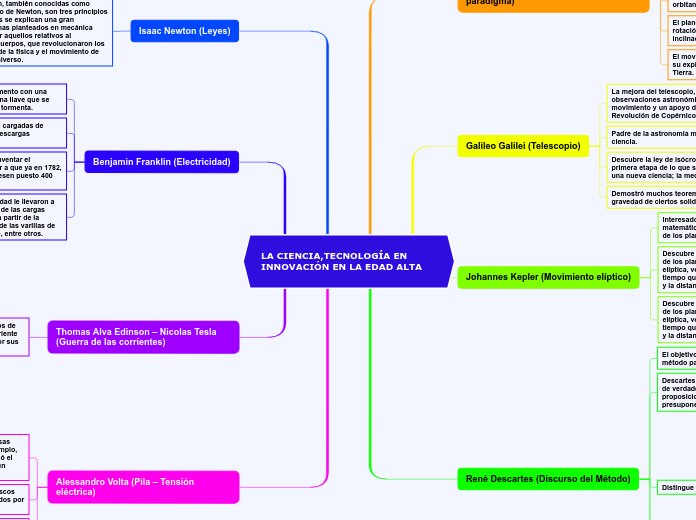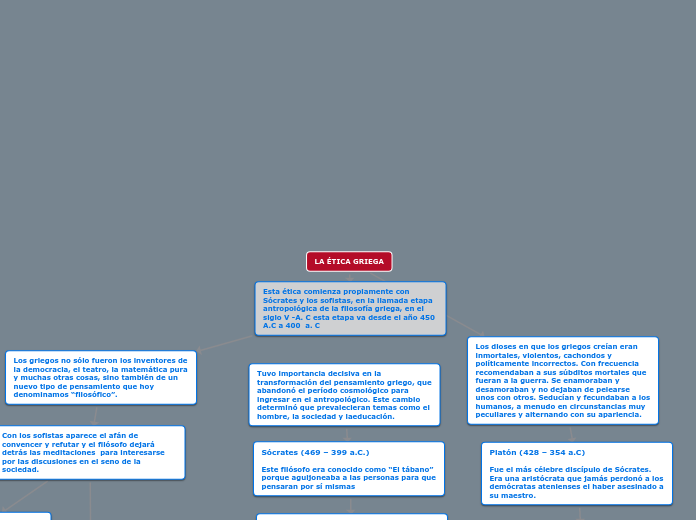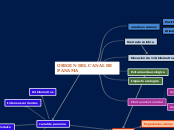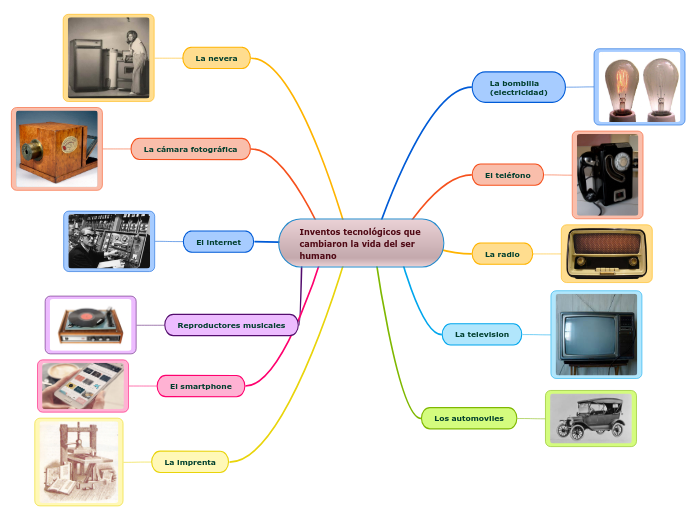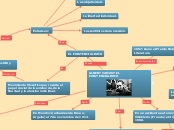LA CIENCIA,TECNOLOGÍA EN INNOVACIÓN EN LA EDAD ALTA
The part of speech is a category to which a word is assigned according to its syntactic functions. In English the main parts of speech are noun, pronoun, adjective, determiner, verb, adverb, preposition, conjunction, and interjection.
Alessandro Volta (Pila – Tensión eléctrica)
A conjunction is a word like 'if' 'but' or 'and' which is used to connect sentences or clauses together.
su gran aportación a la ciencia, y a la humanidad, fue el descubrimiento de la pila voltaica.
Subordinating conjunctions are conjunctions that are used at the beginning of subordinate clauses. Some examples of these conjunctions are: although, after, before, because, how, if, once, since, so that, until, unless, when etc.
La pila estaba hecha con discos de plata y discos de zinc, colocados de forma alterna y separados por discos de cartón embebidos en salmuera.
lessandro Volta llevó a cabo, con éxito, diversas investigaciones a lo largo de su vida: por ejemplo, descubrió y aisló el gas metano, y perfeccionó el electróforo inventado por Johannes Wilcke, un dispositivo que genera electricidad estática.
Coordinating conjunctions always connect phrases, words, and clauses. They are: for, and, nor, but, or, yet, so.
Thomas Alva Edinson – Nicolas Tesla (Guerra de las corrientes)
A preposition is one of the most exciting parts of grammar. A preposition is used to describe the location of something in relation to something else.
Así fue denominada la pelea entre los modelos de Edison (Corriente Continua) el de Telsa ( Corriente Alterna). Prevaleciendo el modelo de Tesla por sus características:
CORRIENTE CONTINUA
Muy poco segura respecto a incendios.
Muy cara de generar.
Mucha pérdida por transmisión.
Muy corta distancia de distribución.
CORRIENTE ALTERNA
Mas aplicable e industrias y hogares.
Mas barata de generar.
Menos infraestructura.
Mayor distancia de distribución.
Benjamin Franklin (Electricidad)
An adverb is used to describe a verb, but it can also describe an adjective or another adverb.
Adverbs normally help paint a fuller picture by describing how something happens.
Sus trabajos acerca de la electricidad le llevaron a formular conceptos tales como el de las cargas negativas y las cargas positivas, a partir de la observación del comportamiento de las varillas de ámbar, o el de conductor eléctrico, entre otros.
The intensifiers strengthen adverbs adjectives and adverbs and down- toners make them weaker.
Este descubrimiento le permitió inventar el pararrayos, cuya eficacia dio lugar a que ya en 1782, en la ciudad de Filadelfia, se hubiesen puesto 400 de estos ingenios.
Así demostró que las nubes están cargadas de electricidad y que los rayos son descargas eléctricas.
En 1752 realizó su famoso experimento con una cometa, a la que ató un hilo con una llave que se cargó de electricidad durante una tormenta.
Isaac Newton (Leyes)
A numeral is a word or phrase that describes a numerical quantity.
Some theories of grammar use the word 'numeral' to refer to cardinal numbers that act as a determiner to specify the quantity of a noun, for example the 'two' in 'two hats'.
Las leyes de Newton, también conocidas como leyes del movimiento de Newton, son tres principios a partir de los cuales se explican una gran
parte de los problemas planteados en mecánica clásica, en particular aquellos relativos al movimiento de los cuerpos, que revolucionaron los
conceptos básicos de la física y el movimiento de los cuerpos en el universo.
III LEY: LEY DE ACCIÓN- RECCIÓN
Por cada acción hay una reacción al igual y de signo opuesto.
II LEY: DEFINICIÓN DE FUERZA
La fuerza es igual a la masa por la aceleración producida en el cuerpo.
I LEY: LEY DE INERCIA
Todo cuerpo permanece en su estado de reposo o movimiento uniforme a menos que sobre el actúe una fuerza externa.
René Descartes (Discurso del Método)
A pronoun is a word that can be used in place of a noun, typically after the noun itself has already been stated.
Método deductivo como la lógica aristotélica, el análisis y la geometría pero exento de sus defectos.
Reciprocal pronouns are used for actions or feelings that are reciprocated. The reciprocal pronouns are each other and one another.
Uso del entendimiento, en especial de la intuición y no de la imaginación.
A reflexive pronoun ends with ...self or ...selves and refers to another noun or pronoun in the sentence (usually the subject of the sentence). The reflexive pronouns are myself, yourself, herself, himself, itself, ourselves, yourselves, and themselves.
Distingue cuatro reglas.
Demonstrative pronouns are used to demonstrate (or indicate). This, that, these, and those are all demonstrative pronouns.
ENUMERACIÓN
Se comprueba el análisis, todas las ideas simples que aparezcan, y se revisa la correción de la síntesis.
SÍNTESIS
Conducir por orden los pensamientos, empezando por los más simples hasta llegar a los más complejos.
ANÁLISIS
Dividir las ideas complejas, en tantas parejas simples como sea posible. Admitiendo como verdaderas las que sean evidentes.
EVIDENCIA
Se admite sólo como verdadero aquello que nos aparece de modo "claro y distinto".
Descartes no pretende descubrir una multiplicidad de verdades aisladas, sino más bien un sistema de proposiciones verdaderas en las que no se presupone nada que no sea evidente por sí mismo.
Possessive pronouns are used to show possession. The possessive pronouns are mine, yours, his, hers, ours, and theirs.
El objetivo de la filosofía de Descartes es utilizar su método para alcanzar la verdad.
The personal pronouns are I, you, he, she, it, we, they. More often than not (but certainly not always), they replace nouns representing people.
Johannes Kepler (Movimiento elíptico)
An adjective is a word that's used to describe a specific noun and to provide more detail to the listener.
Descubre y enuncia las tres leyes del movimiento de los planetas que llevan su nombre: órbita elíptica, velocidad variable y relación entre el tiempo que emplea un planeta en describir su órbita y la distancia que lo separa del Sol.
Interesado por la astronomía copernicana, aplica la matemática a la comprensión de los movimientos de los planetas.
Galileo Galilei (Telescopio)
A noun is defined as a person, place, thing or idea. Proper nouns always begin with a capital letter. Common nouns, which are general words, such as 'cars,' are not capitalized.
Demostró muchos teoremas sobre el centro de gravedad de ciertos solidos.
Compound nouns are words where two nouns have been stuck together to make a new noun. Compound nouns should be written as one word, without a hyphen.
Descubre la ley de isócrona de los péndulos, primera etapa de lo que será el descubrimiento de una nueva ciencia; la mecánica.
A noun which refers to a group of things/people.
Padre de la astronomía moderna y el padre de la ciencia.
Countable nouns are nouns that can be counted, even if the number might be extraordinarily high.
Uncountable nouns are nouns that come in a state or quantity which is impossible to count; liquids are uncountable, as are things which act
like liquids.
La mejora del telescopio, gran variedad de observaciones astronómicas, la primera ley del movimiento y un apoyo determinante a la Revolución de Copérnico.
Proper nouns are the names of specific people or places. They should always begin with a capital letter.
Nicolás Copérnico (Cambio de paradigma)
A verb is an action word or 'doing' word that signifies movement in some way.
El movimiento retrógrado de los planetas encuentra su explicación en los movimientos mismos de la Tierra.
El planeta Tierra presenta tres movimientos: una rotación diaria, una revolución anual y una inclinación anual de su eje.
An auxiliary verb helps the main (full) verb and is also called a 'helping verb.' With auxiliary verbs, you can write sentences in different tenses, moods, or voices.
Las estrellas son objetos distantes y fijos, que no orbitan alrededor del Sol.
A participle is a verb form that can be used as an adjective or to create a verb tense. There are two types of participles: Present participle (ending -ing) and Past participle (usually ending -ed, -d, -t, -en, or -n).
Alrededor del Sol orbitan los distintos planetas (no se habían descubierto aún los planetas exteriores).
A modal is a type of auxiliary (helping) verb that is used to express: ability, possibility, permission or obligation. The main modal verbs in the English language are: can, could, may, might, must, shall, should, will, would.
El centro del Universo se ubica más o menos cerca del Sol.
A linking verb connects the subject with a word that gives information about the subject, such as a condition or relationship.
Los movimientos de los astros son circulares, eternos, uniformes o compuestos de varios ciclos.
A verb with its own meaning: a verb that is not an auxiliary verb.
